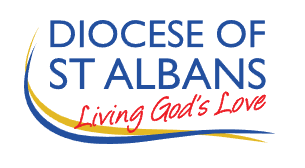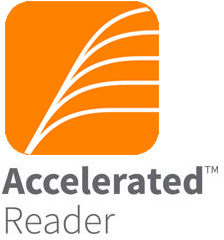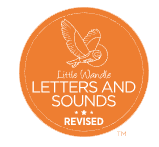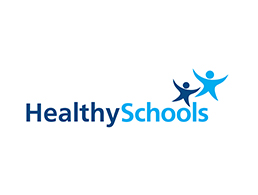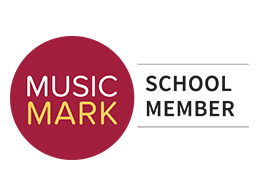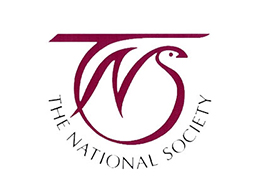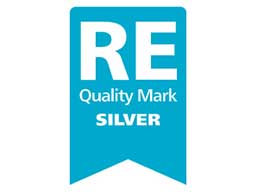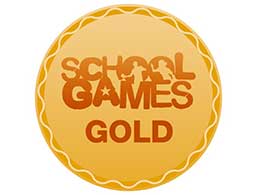English
At Toddington St George we are proud to offer the pupils a text rich learning environment where imagination and creativity can be fuelled. Through our rigorous phonics curriculum, we ensure pupils develop the skills and knowledge they need to develop as confident readers who have a love of books. Through reading in particular, pupils have a chance to develop culturally, emotionally, intellectually, socially and spiritually. Literature, especially, plays a key role in such development. Reading also enables pupils both to acquire knowledge and to build on what they already know. All the skills of language are essential to participating fully as a member of society; only pupils who learn to speak, read and write fluently and confidently are able to effectively participate in wider society. By the end of Year 4 all children will be able to read fluently and with confidence in any subjects in their future education.
The more that you read, the more things you will know. The more that you learn, the more places you will go. Dr Seuss
EYFS: There is an emphasis on phonics teaching in EYFS. It supports children’s understanding that letters represent sounds in spoken words which will support their decoding of the printed word. ‘Letters and sounds’ is used as a basis for a daily phonics session. Phonics assessments are done continuously throughout the year.
KS1: Teachers assess reading against the National Curriculum end of year objectives and teaching reading and comprehension skills daily. Phonics continues to be taught and assessed daily using Letters and Sounds and leads to the national phonics screening check which is reported at the end of Key Stage 1.
KS2: Children needing extra phonics support continue with this in Year 3. Reading takes place daily and objectives and success criteria are taken from the National Curriculum and are matched to the child’s ability. We follow the Oxford reading tree for our book scheme. Alongside this we have Oxford Owl ebooks which the children can access at school and at home. Book banding is used to identify a child’s reading level. Once children have completed stage 12 and have demonstrated that they are able to read a wide range of text confidentially with good comprehension, then they become a free reader. Staff guide and monitor their choice of books and can keep children on the scheme up to stage 16 if appropriate for that child. Children’s individual progress is recorded using our assessment tool called ‘target tracker’. All children use a reading record to share reading comments between parent/carers and school. Comprehension skills are taught and assessed alongside this and National Curriculum Assessments in reading take place in May for year 2.
Phonics and Independent Reading Scheme
Letters and sounds is used to deliver daily phonics sessions, from Nursery to Year Two.
Our reading scheme offers phonetically decodable books, from a range of publishers and schemes, that have been organised by colour book bands. Early readers select books that are matched to their decoding ability.
Once children have completed turquoise level and have demonstrated that they are able to read a wide range of texts fluently with good comprehension, they move onto our Accelerated Reader scheme. Children select free reader texts that have been organised by their level of lexical difficulty.





